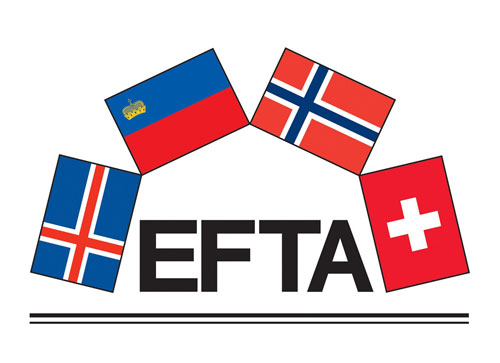Brexit on EFTA’s agenda
At its meeting in Bern on 27 June, the EFTA Parliamentary Committee discussed the outcome of the UK referendum the week before, in which the British people had voted to leave the EU (“Brexit”).

The committee invited a think tank from Geneva to give provide insight into the possible consequences for the EU and EFTA, and for European integration more generally.
The situation in the United Kingdom was also discussed during the meeting with EFTA’s four national ministers. This is a twice-yearly forum for the parliamentarians in conjunction with EFTA’s ministerial meetings. This time, Switzerland held the EFTA chairmanship. Iceland takes over on 1 July.
“For now, the current agreements with the United Kingdom remain in effect,” said Svein Roald Hansen (Labour Party), head of the Storting’s Delegation to the EFTA and EEA Parliamentary Committees. “For Norway this means the EEA. When the day comes that the UK exits the EU, it will be important to remember that they are also leaving us, meaning the EEA and the bilateral agreements between the EU and Switzerland. It will then be extremely important to ensure continued good trading relations with Britain, which is a very important trading partner for the EFTA countries. Our message to the ministers was therefore to preparing the ground for this right away.”
Hansen took part in the EFTA meetings with fellow delegates Gunnar Gundersen (Conservative Party), deputy head Marianne Aasen (Labour Party), Elin Agdestein (Conservative Party), Jørund Rytman (Progress Party), Geir Toskedal (Christian Democratic Party), Irene Johansen (Labour Party) Sveinung Rotevatn (Liberal Party), Heikki Eidsvoll Holmås (Socialist Left Parfty) and Liv Signe Navarsete (Centre Party).
Other topics during the meeting with the ministers included the latest developments in EFTA’s third-country relations (free trade agreements and negotiations). The EFTA Parliamentary Committee also received a briefing from the World Trade Institute on geopolitical and geo-economic aspects of new mega-regional trade agreements.
Last updated: 19.10.2018 13:37